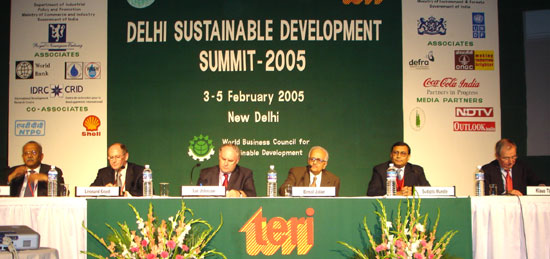
|
Home--Campaigns--Coca-Cola Coca-Cola Funded Group Investigates Coca-Cola in India The international campaign to hold the Coca-Cola company accountable for its crimes in India continues to grow stronger. The campaign has been characterized by the Wall Street Journal as having cost the Coca-Cola company " millions of dollars in lost sales and legal fees in India, and growing damage to its reputation elsewhere." Just in the last month, for example, students at Manchester University in the UK and the University of Guelph in Canada have voted to remove Coca-Cola products from campus because of the company's unethical practices in India. The Coca-Cola company is guilty of creating severe water shortages in communities across India. The company, which regularly extracts up to a million liters of water per day from the groundwater resource in some bottling plants, has located many of its plants in "drought prone" areas. The result has been that ever since the Coca-Cola company started its bottling operations in the area, literally thousands of surrounding residents, primarily low-income agricultural workers, have been left thirsting for water. Coca-Cola's thirst for water -which the company receives practically for free and sells at inflated prices - has had dramatic impacts. Not only are residents struggling to meet their basic water needs such as for drinking, cooking and bathing, farmers in the area have found themselves without enough water to yield successful crops. To add insult to injury, the Coca-Cola company has also polluted the land and groundwater around its bottling plants in India, making access to water even more difficult. In contravention of Indian laws, the company has routinely disposed off its toxic waste without taking adequate measures to treat and contain the waste, as is required by law. As the international campaign continues to take a financial and branding toll, the Coca-Cola company is desperately trying to ward off its critics by hiring prominent movie actors as spokespersons, manufacturing its own studies and also giving itself awards for "environmental" excellence. One of Coca-Cola's latest maneuvers is an attempt to contain the growing number of colleges and universities in the US, UK and Canada that are taking actions against the company to hold it accountable. Campus-Corporate Nexus On January 1, 2006, the University of Michigan suspended its business relationship with the Coca-Cola company as a result of the student campaign on campus. One of the conditions placed on the Coca-Cola company was that it must agree to a "independent, third party" assessment of its operations in India. Exactly a year ago, in April 2006, the University of Michigan resumed the sale of Coca-Cola products on campus (while still keeping Coca-Cola on probation). The University of Michigan had accepted Coca-Cola's choice of the "independent, third party" assessor of its operations in India, a group call the Energy and Resources Institute (TERI). The acceptance of TERI as the assessor of Coca-Cola by the University of Michigan raised some serious questions about the relationship between public universities and private corporations. Defying all logic, the University of Michigan had agreed to a group funded and sponsored by the Coca-Cola company to assess Coca-Cola's operations in India in an "independent, third party" manner. Coca-Cola Funded Group Investigates Coca-Cola
|
PRESS: Coca-Cola Forced to Abandon $25 Million Project in India
PRESS: Coca-Cola Expansion Plans Rejected
PRESS: Coca-Cola Plant Shut Down in India, Authorities Cancel License
STUDY: Coca-Cola’s Operations in India Lead to “Tragedy of the Commons”
PRESS: 15 Village Councils Reject Coca-Cola Plans as Opposition Grows
PRESS: Coca-Cola Expansion Plan Opposed in Mehdiganj, India
>> More
Stories
![]()
India
Resource Center (IRC) is a project of Global Resistance -- "Building
Global Links for Justice"
URL: http://www.IndiaResource.org
Email:info (AT) IndiaResource.org
